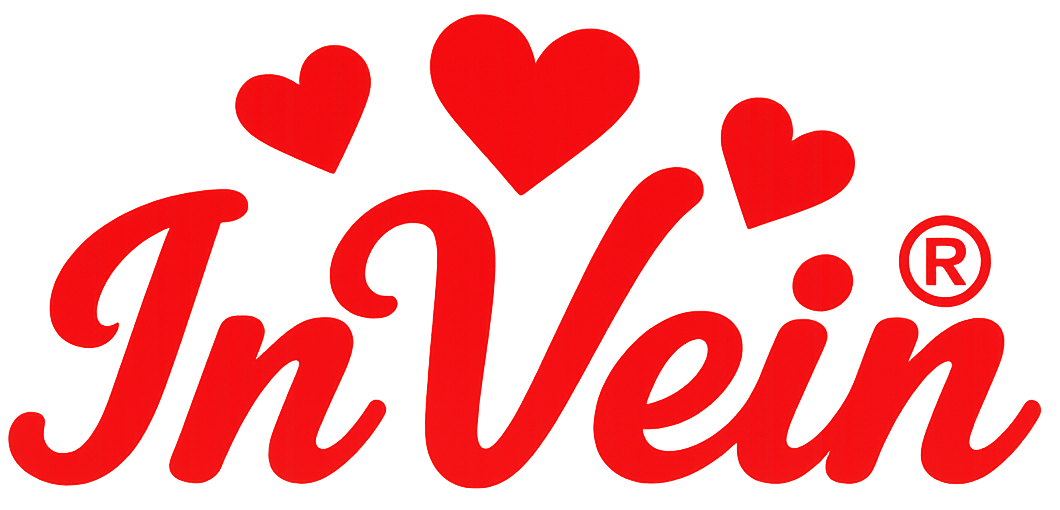Sleeve tattoos have evolved from biker culture staples to mainstream power statements for men across professions, cultures, and lifestyles. Whether you go full, half, or quarter sleeve, the impact is undeniable: a well-designed sleeve turns your arm into a story—woven in ink.
In this post, we explore:
- The difference between full, half, and quarter sleeves
- Key design styles that complement the male physique
- Placement strategies to enhance muscle lines
- Symbolic themes and meanings
- Practical tips on planning, pain, and aftercare
Let’s dive in.
What Is a Sleeve Tattoo?
A sleeve tattoo refers to a continuous or connected set of tattoos that cover a portion (or all) of the arm. The term comes from the visual similarity to a shirt sleeve.
Types of Sleeve Tattoos:
- Full Sleeve: Covers the entire arm from shoulder to wrist.
- Half Sleeve: Covers the shoulder to elbow (upper half) or elbow to wrist (lower half).
- Quarter Sleeve: Covers either the shoulder to mid-bicep or the forearm section only.
Each type has its advantages, depending on your profession, lifestyle, pain tolerance, and aesthetic goals.
Why Sleeve Tattoos Make Sense for Men
Unlike smaller tattoos that can sometimes feel disconnected or random, sleeves give structure to your ink. They allow for intentional design choices and often become lifelong statements.
Benefits:
- Visual Impact: A sleeve commands attention and can elevate your entire look.
- Storytelling Space: Large surface area means more room for symbols, scenes, or motifs.
- Masculine Flow: Arm tattoos can follow muscle contours and amplify definition.
- Adaptable Coverage: You can show or conceal a sleeve depending on clothing.
Design Styles That Work Best on Sleeves
When it comes to sleeve tattoos for men, certain styles have stood the test of time—and others are emerging fast. Here are some tried-and-true and trending styles:
1. Japanese Irezumi
- Elements: Koi fish, dragons, Hannya masks, cherry blossoms
- Why It Works: Flowing waves and wind bars guide the eye and enhance musculature
- Best For: Full sleeves with historical or mythic significance
2. Black & Grey Realism
- Elements: Portraits, statues, religious scenes, skulls
- Why It Works: Dramatic contrast and shading give depth
- Best For: Photorealistic designs with emotional impact
3. American Traditional
- Elements: Anchors, eagles, ships, daggers, roses
- Why It Works: Bold lines and colors age well
- Best For: Half sleeves with retro grit
4. Tribal or Polynesian
- Elements: Geometric lines, wave patterns, ancestral symbols
- Why It Works: High contrast designs that follow muscle lines
- Best For: Men with heritage or respect for tribal traditions
5. Biomechanical or Cyberpunk
- Elements: Robotic limbs, cables, gears, wires
- Why It Works: Makes your arm look augmented or engineered
- Best For: Sci-fi lovers or bold personalities
6. Blackout and Negative Space
- Elements: Bold black fill, cutouts of symbols, tribal modernism
- Why It Works: High contrast and mysterious
- Best For: Minimalists or cover-ups
Sleeve Tattoo Themes with Symbolic Weight
The most meaningful sleeves tell a story. Consider these themes:
- Resilience & Survival: Phoenixes, battle scenes, war motifs
- Spirituality: Mandalas, crosses, Buddhist deities
- Time & Mortality: Clocks, skulls, hourglasses
- Nature & Animals: Wolves, lions, forests, oceans
- Family & Legacy: Portraits, dates, crests
Choose a theme that reflects your truth, not just what’s trending.
How to Plan a Sleeve Tattoo
Planning is essential. Unlike small tattoos, sleeves take time, money, and coordination.
Step 1: Choose Your Artist
Look for someone experienced in the style you want. Review their healed work, not just fresh ink.
Step 2: Decide Sleeve Length
Commit to full, half, or quarter. Mixing styles later can disrupt flow.
Step 3: Pick a Theme or Style
Consistency matters. Avoid throwing random designs together.
Step 4: Schedule Sessions
Most sleeves require 3–10 sessions, depending on detail and pain tolerance.
Step 5: Budget Accordingly
Full sleeves often cost $1,500–$6,000+. Realism costs more. Tip your artist.
Pain Level and Healing
Sleeve tattoos aren’t walk-in-and-walk-out. Know what you’re getting into.
Pain Zones:
- High Pain: Inner bicep, elbow ditch, wrist
- Medium Pain: Forearm, outer bicep
- Low Pain: Upper shoulder, outer arm
Healing Tips:
- Follow your artist’s instructions
- Avoid gym workouts that stretch new ink
- Moisturize and keep clean
- Wear loose sleeves
Healing takes 2–4 weeks per session.
Quarter, Half, or Full: Which Should You Choose?
Quarter Sleeve:
- Great intro to sleeves
- Easier to hide
- Can expand later
Half Sleeve:
- Balanced and stylish
- Ideal for men with office jobs
- Pairs well with t-shirts
Full Sleeve:
- Max impact
- Demands commitment
- Best for men with creative or open careers
Choose based on your lifestyle, pain tolerance, and how often you want to show your ink.
Styling Your Sleeve Tattoo
Once it’s healed, your sleeve becomes a permanent part of your look. Here’s how to style around it:
T-Shirts:
- Choose slim or rolled sleeves to showcase detail
- In Vein® t-shirts in black or white offer high contrast
- Graphic shirts can complement or clash depending on your tattoo style
Outerwear:
- Leather jackets add edge
- Bomber jackets can partially reveal ink for mystery
Accessories:
- Bracelets or watches can accent or distract
- Sunglasses, rings, and boots complete the look
Final Thoughts
A sleeve tattoo isn’t just body art—it’s a commitment to expression. Whether you go quarter, half, or full, the ink becomes part of how you move through the world.
Choose symbols that resonate. Work with an artist who understands vision and form. And most of all, wear your sleeve with pride. It’s not just a design—it’s a mirror of who you are, written in skin.

Leave a comment
Your email address will not be published. Required fields are marked *
You must be logged in to post a comment.